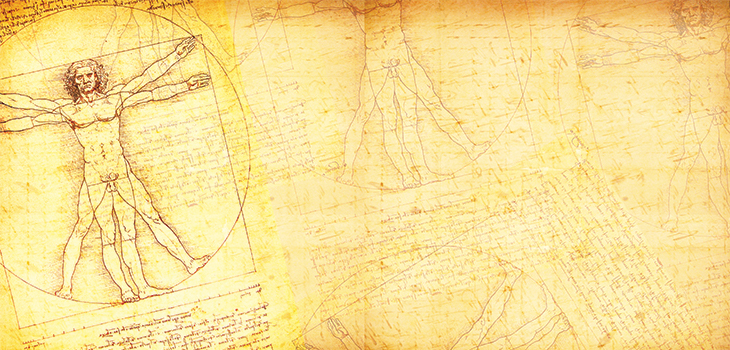
- English and Commonwealth caselaw on the recognition of dead bodies, body parts and bodily products as ‘property’.
The general rule is that when a human being dies, property in their body does not vest in anyone, although certain persons have duties, and thus rights, with respect to it. In Williams v Williams (1882) 20 Ch D 659, at p664, Kay J stated: ‘The law of this country recognises no property in a corpse’. It is for this reason that testamentary directions with regard to the disposal of one’s corpse (‘I wish to be cremated and my ashes scattered . . .’) are, at best, precatory.
In Dobson v North Tyneside Health Authority [1996] 4 All ER 474, the Court of Appeal confirmed the orthodox view that, subject to certain limited exceptions, there is no property in a dead body under English law. The case concerned a claim by the next of kin to the deceased’s brain which,











